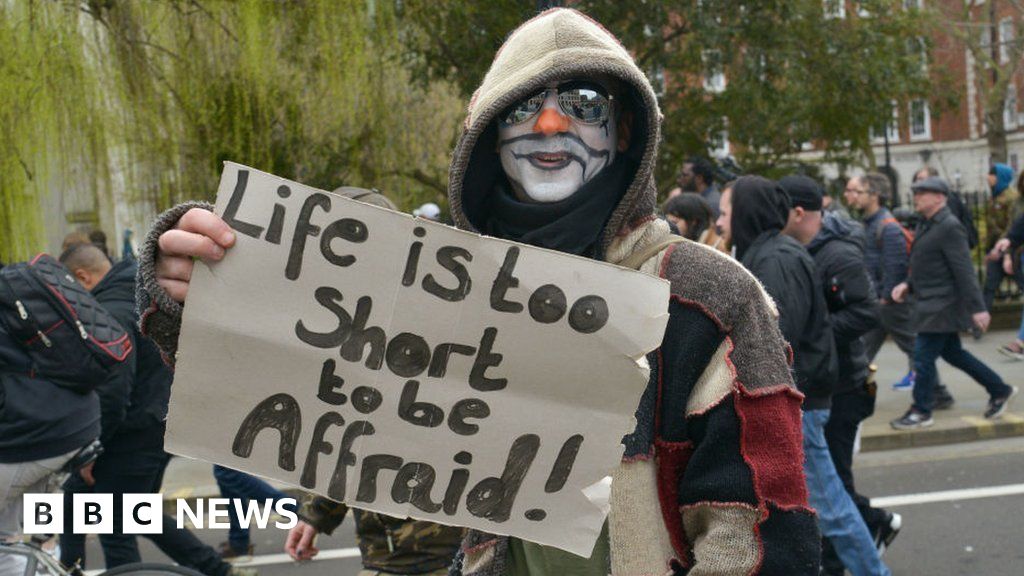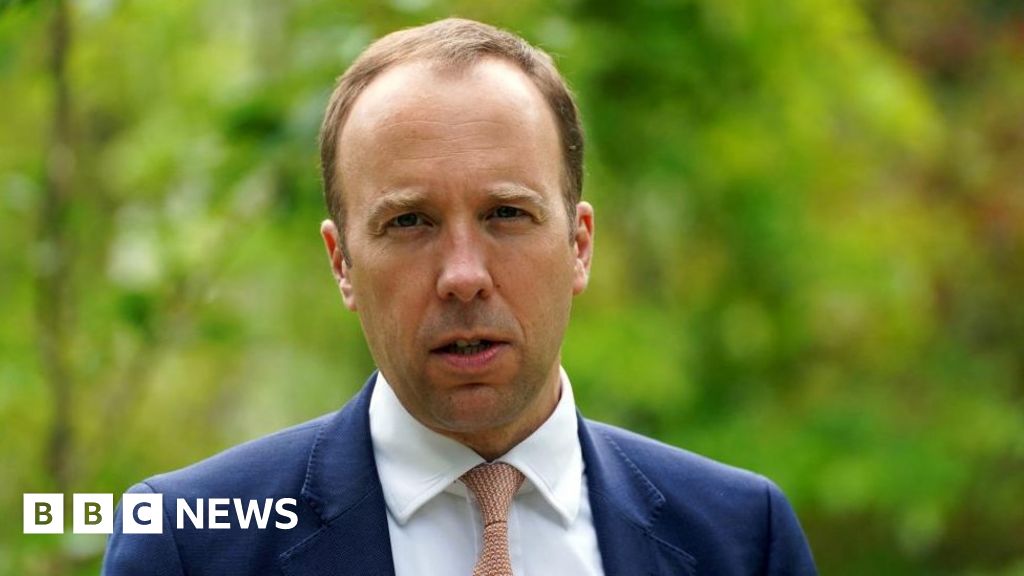Amity Island
Well-Known Member
- Relationship to Diabetes
- Type 1
@everydayupsanddowns Mike this is really interesting. Clarfies the difference between opinion (which we are all entitlted to), misinformation and disinformation.
It can now be revealed that the CDI unit ignored official Cabinet Office guidance created for civil servants and communications professionals when it classified legitimate opinions as disinformation.
A manual titled ‘Resist 2: Countering Disinformation Toolkit’ was produced by the Government Communication Service in 2021 and is intended as an aid for civil servants and communications professionals to identify misinformation – false information that is inadvertently spread – and disinformation – false information that is spread deliberately.
In a section that seeks to explain how to spot disinformation, readers are warned that opinions should not be considered as such.
Despite this instruction, it appears that social media posts where people expressed concerns about government Covid policies were monitored by the secretive unit.
The manual states: “The most common way to first notice mis- and disinformation is when you encounter messages that draw your attention and raise concerns.
“A message is a form of communication aimed at a group of recipients. It may for example take the form of a social media post, tweet, meme, or comment, or a letter, flyer, poster, or slogan.
“Is the message an opinion? Opinions are usually subjective, which means that they cannot be verifiably false. If the message is simply a statement of opinion, you should not treat it as disinformation.
“However, if the opinion is based on verifiably false, deceptive, or manipulated information that has the potential to cause harm, it may be worth investigating further.”
Molly Kingsley, a former lawyer and journalist who founded the children’s campaign group UsForThem, was one of the people who posted opinions critical of government policy and later discovered some of her posts were collected in reports sent to the CDU.

 www.telegraph.co.uk
www.telegraph.co.uk
It can now be revealed that the CDI unit ignored official Cabinet Office guidance created for civil servants and communications professionals when it classified legitimate opinions as disinformation.
A manual titled ‘Resist 2: Countering Disinformation Toolkit’ was produced by the Government Communication Service in 2021 and is intended as an aid for civil servants and communications professionals to identify misinformation – false information that is inadvertently spread – and disinformation – false information that is spread deliberately.
In a section that seeks to explain how to spot disinformation, readers are warned that opinions should not be considered as such.
Despite this instruction, it appears that social media posts where people expressed concerns about government Covid policies were monitored by the secretive unit.
The manual states: “The most common way to first notice mis- and disinformation is when you encounter messages that draw your attention and raise concerns.
“A message is a form of communication aimed at a group of recipients. It may for example take the form of a social media post, tweet, meme, or comment, or a letter, flyer, poster, or slogan.
“Is the message an opinion? Opinions are usually subjective, which means that they cannot be verifiably false. If the message is simply a statement of opinion, you should not treat it as disinformation.
“However, if the opinion is based on verifiably false, deceptive, or manipulated information that has the potential to cause harm, it may be worth investigating further.”
Molly Kingsley, a former lawyer and journalist who founded the children’s campaign group UsForThem, was one of the people who posted opinions critical of government policy and later discovered some of her posts were collected in reports sent to the CDU.

Secretive government Covid unit broke own rules by flagging opinions as disinformation
The CDU ignored the official Cabinet Office guidance created for civil servants and communications professionals



